FBI points to China as biggest US law-enforcement threat
The FBI on Thursday identified China as the biggest law enforcement threat to the United States, and its director said Beijing was seeking to steal American technology by "any means necessary."
FBI Director Christopher Wray told a conference the bureau currently had about 1,000 investigations open into Chinese technology theft across its 56 regional offices.
FBI counterintelligence chief John Brown said the bureau arrested 24 people in 2019 in China-related cases and had already arrested 19 people in 2020.
He told the conference at Washington's Center for Strategic and International Studies (CSIS) that the FBI believed "no country poses a greater threat than Communist China.”
Wray said the threat needed to be dealt with through action across the whole of the U.S. government.
"As I stand here talking with you today, the FBI has about 1,000 investigations involving China's attempted theft of U.S.-based technology in all 56 of our field offices and spanning just about every industry sector," he said.
Wray added that China was aggressively exploiting U.S. academic openness to steal technology, using "campus proxies" and establishing "institutes on our campuses."
William Evanina, director of the National Counterintelligence and Security Center, told the conference China was placing particular priority on stealing U.S. aircraft and electric vehicle technology. In advance of Thursday's event, Evanina estimated the theft of American trade secrets by China costs the United States "anywhere from $300 to $600 billion" a year.
The FBI data shows an aggressively stepped-up campaign by U.S. authorities to root out Chinese espionage operations pursuing American secrets. This has snared a growing group of Chinese government officials, business people, and academics.
In 2019 alone, public records show U.S. authorities arrested and expelled two Chinese diplomats who allegedly drove onto a military base in Virginia. They also caught and jailed former CIA and Defense Intelligence Agency officials on espionage charges linked to China.
China's efforts to steal unclassified American technology, ranging from military secrets to medical research, have long been thought to be extensive and aggressive, but U.S. officials only launched a broad effort to stop alleged Chinese espionage in the United States in 2018.
China says charges 'entirely baseless'
The Chinese embassy in Washington rejected the U.S. allegations as "entirely baseless."
"The people-to-people exchange between China and the US is conducive to stronger understanding between the two peoples and serves the fundamental interests of our two countries," it said in an emailed statement.
According to CSIS, of 137 publicly reported instances of Chinese-linked espionage against the United States since 2000, 73% took place in the last decade.
The CSIS data, which excludes cases of intellectual property litigation and attempts to smuggle munitions or controlled technologies, shows that military and commercial technologies are the most common targets for theft.
In the area of medical research, of 180 investigations into misuse of National Institutes of Health funds, diversion of research intellectual property and inappropriate sharing of confidential information, more than 90% of the cases have links to China, according to an NIH spokeswoman.
One main reason Chinese espionage, including extensive hacking in cyberspace, has expanded is that "China depends on Western technology and as licit avenues are closed, they turn to espionage to get access," said CSIS expert James Lewis.
In late January alone, federal prosecutors in Boston announced three new criminal cases involving industrial spying or stealing, including charges against a Harvard department chair.
Prosecutors said Harvard's Charles Lieber lied to the Pentagon and the NIH about his involvement in the Thousand Talents Plan: a Chinese government program that offers mainly Chinese scientists working overseas lavish financial incentives to bring their expertise and knowledge back to China. They said he also lied about his affiliation with China's Wuhan University of Technology.
During at least part of the time he was signed up with the Chinese university, Lieber was also a "principal investigator" working on at least six research projects funded by U.S. Defense Department agencies, court documents show.
(Source: Reuters)
Hamas hails Gaza’s victory over Israel in genocidal war, its forcing enemy to agree to ceasefire
'Capitulation': Israeli officials and media concede Gaza defeat as truce unfolds
'Gaza has won': Social media users react to ceasefire with mix of relief, joy
Iran seeks South Korea’s assistance for AI, fiber-optic projects
VIDEO | Iran's 'Eqtedar' (Power) maneuver
Israel hits HTS military target in Syria for 1st time since fall of Assad
VIDEO | Press TV's news headlines
Israel has slaughtered 13,000 students in Gaza, West Bank


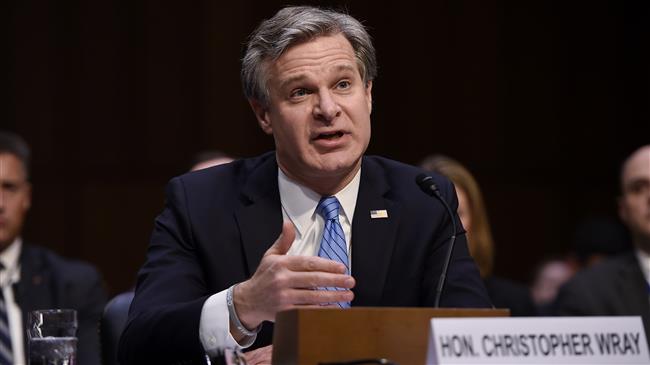


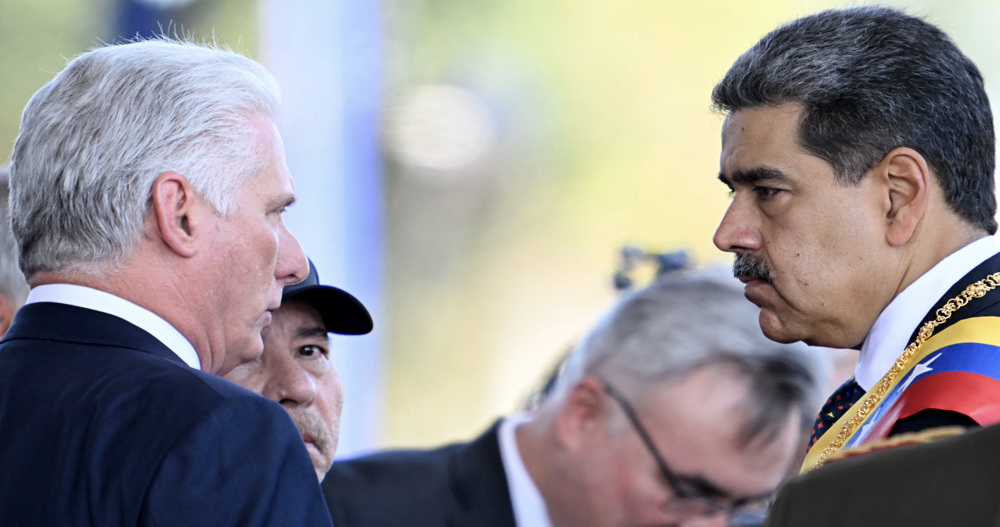



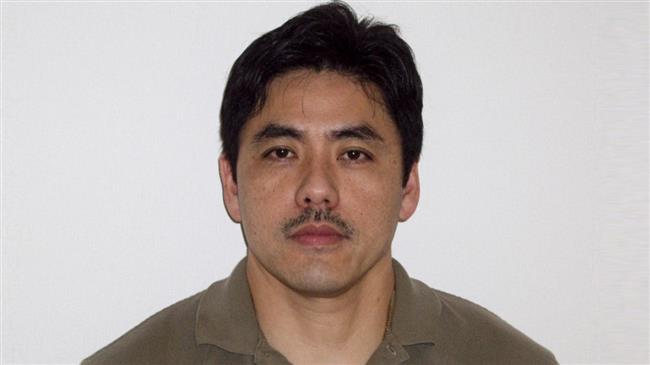
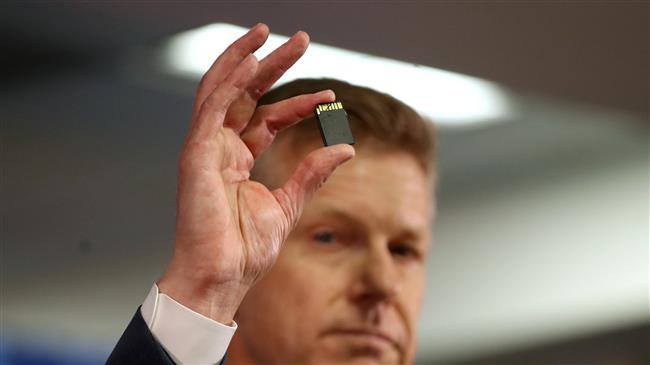
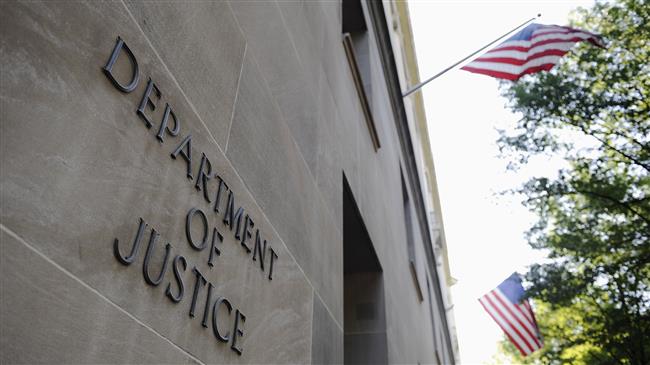
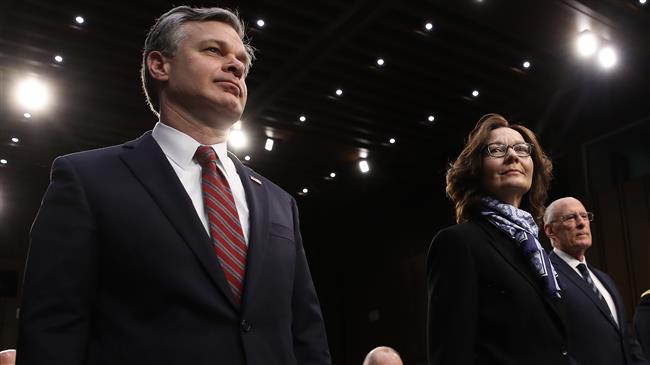




 This makes it easy to access the Press TV website
This makes it easy to access the Press TV website